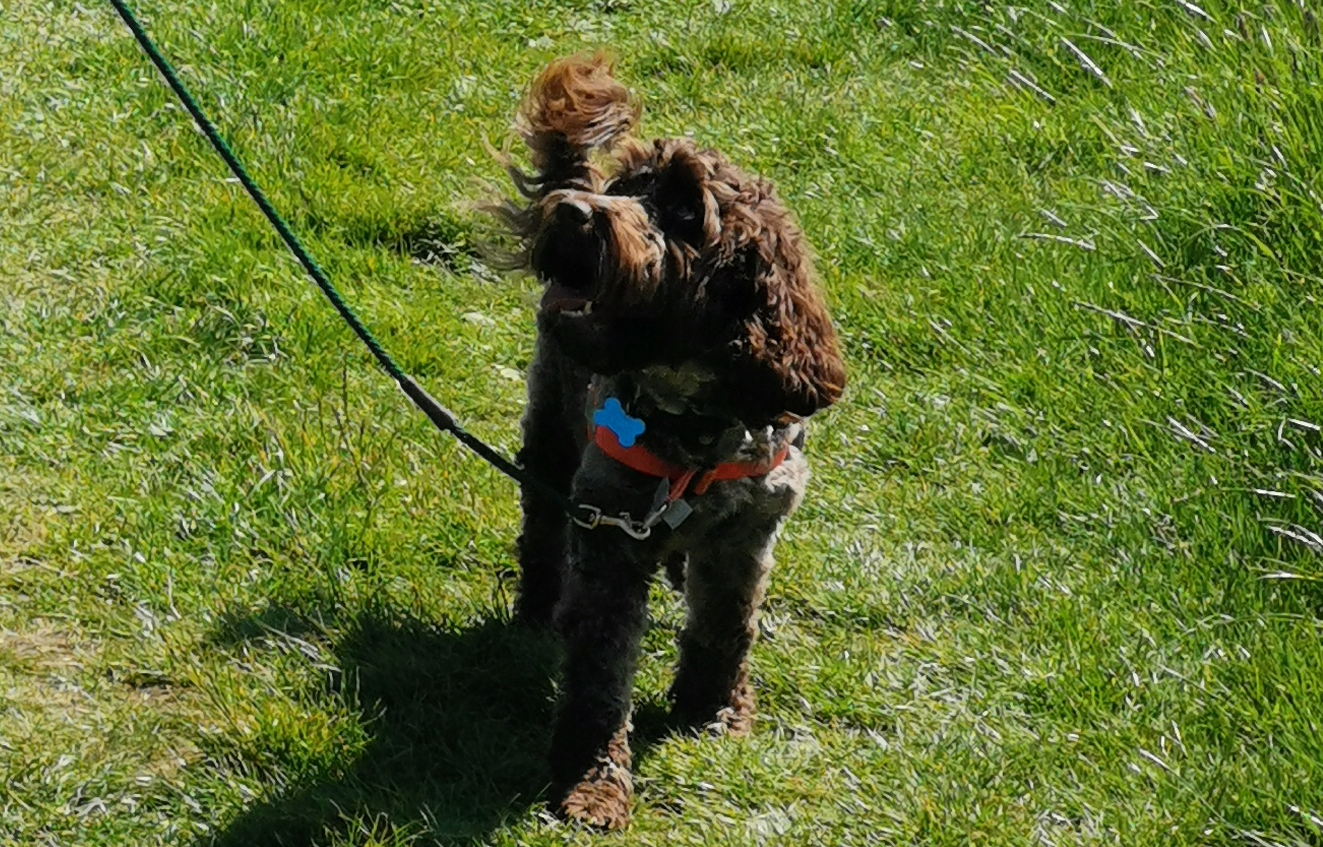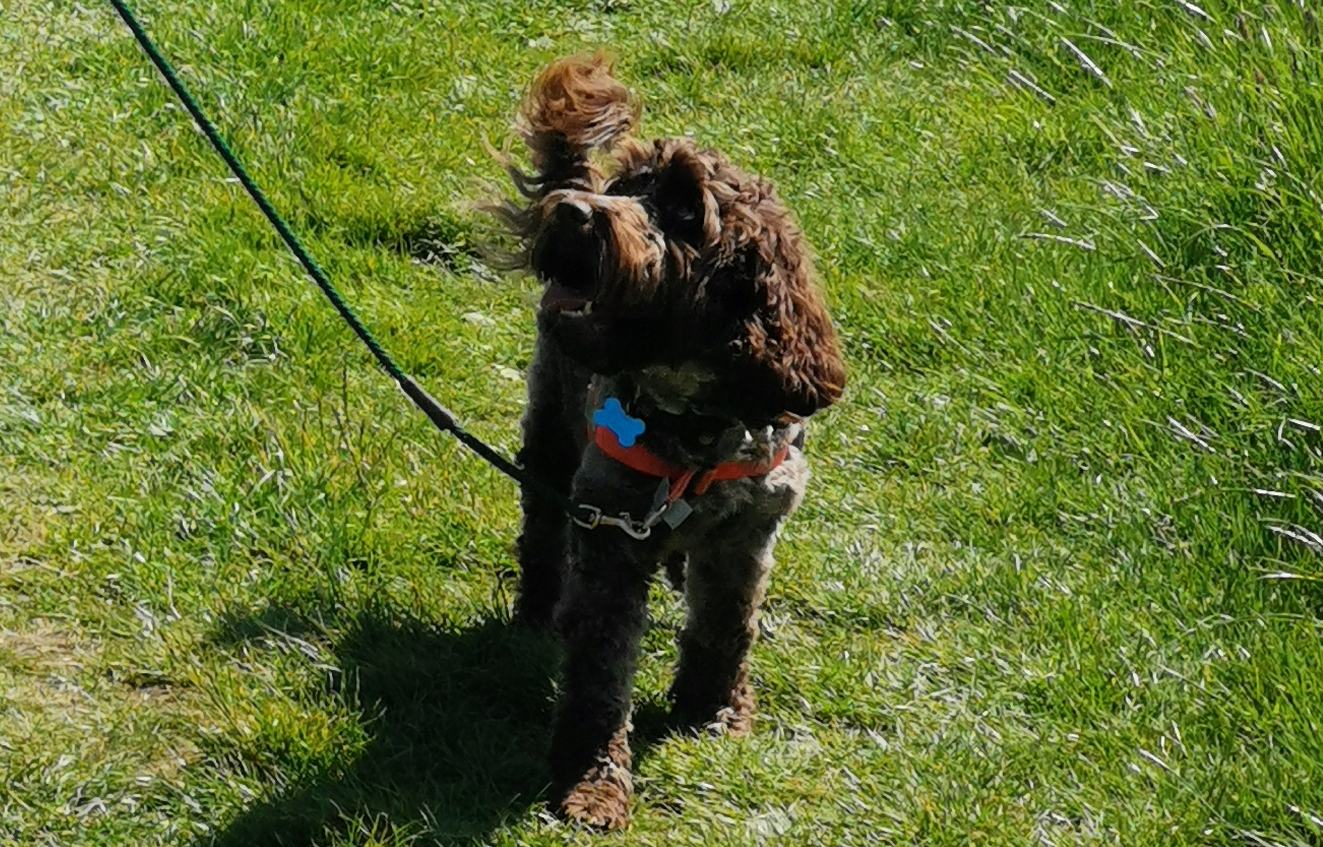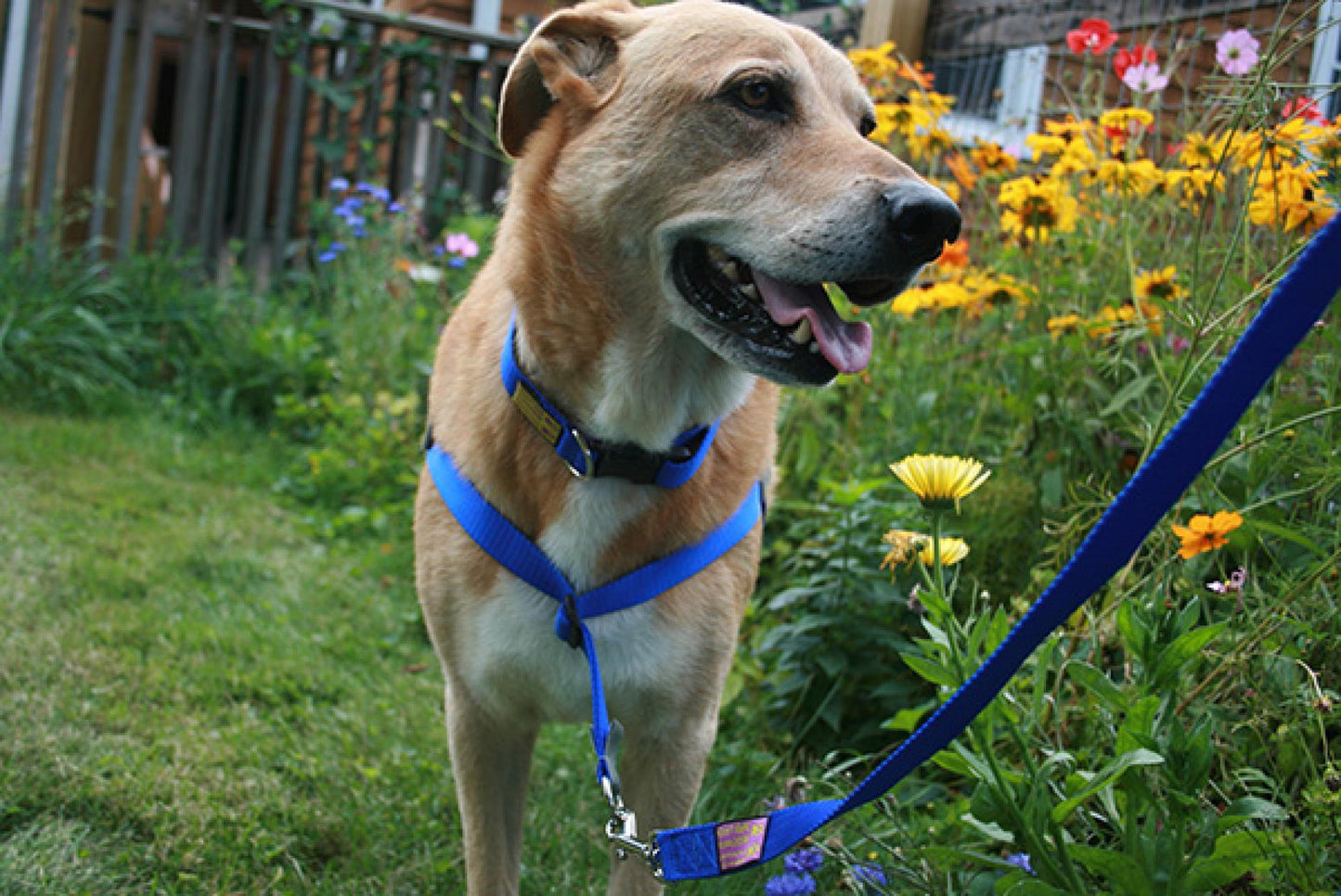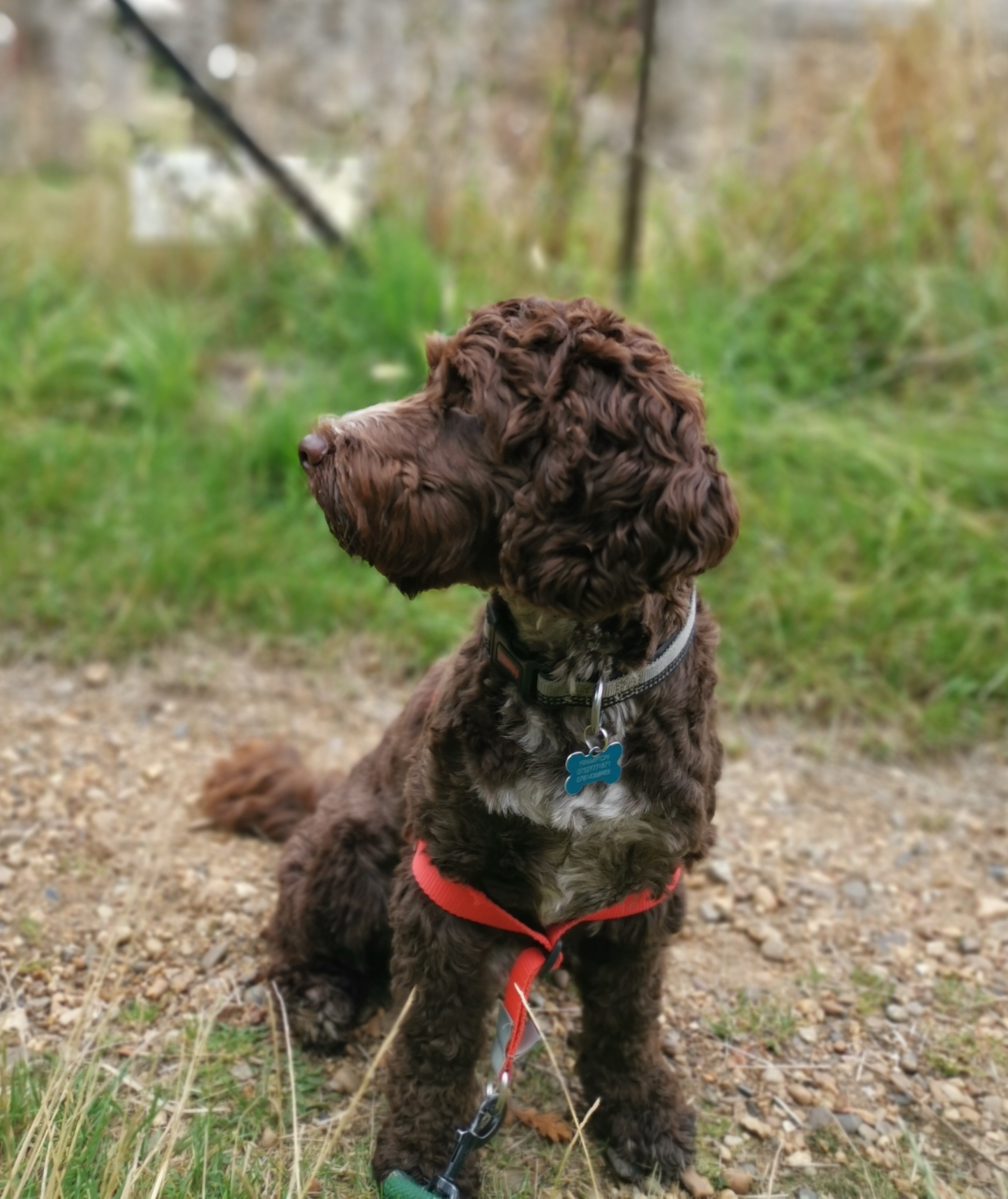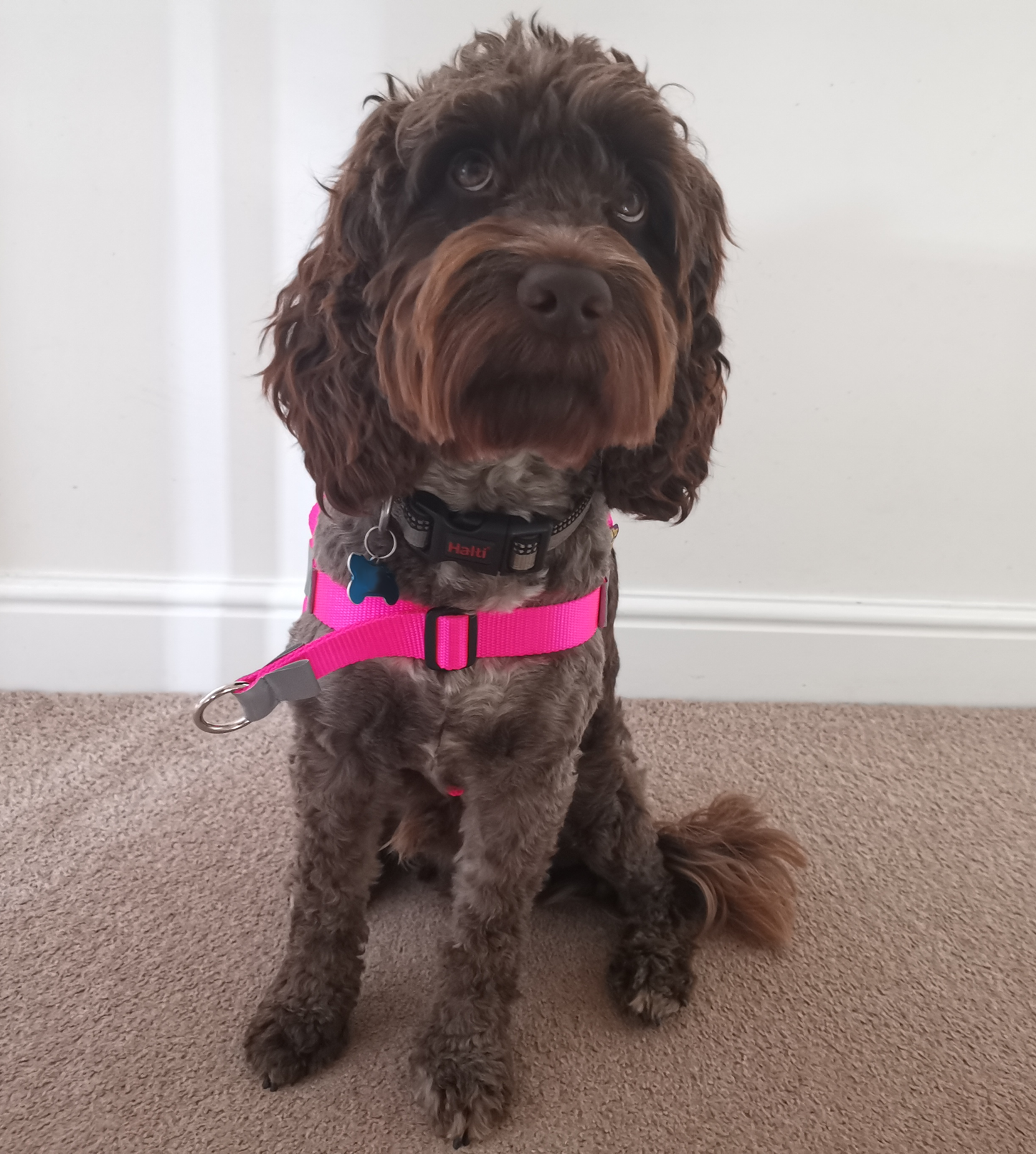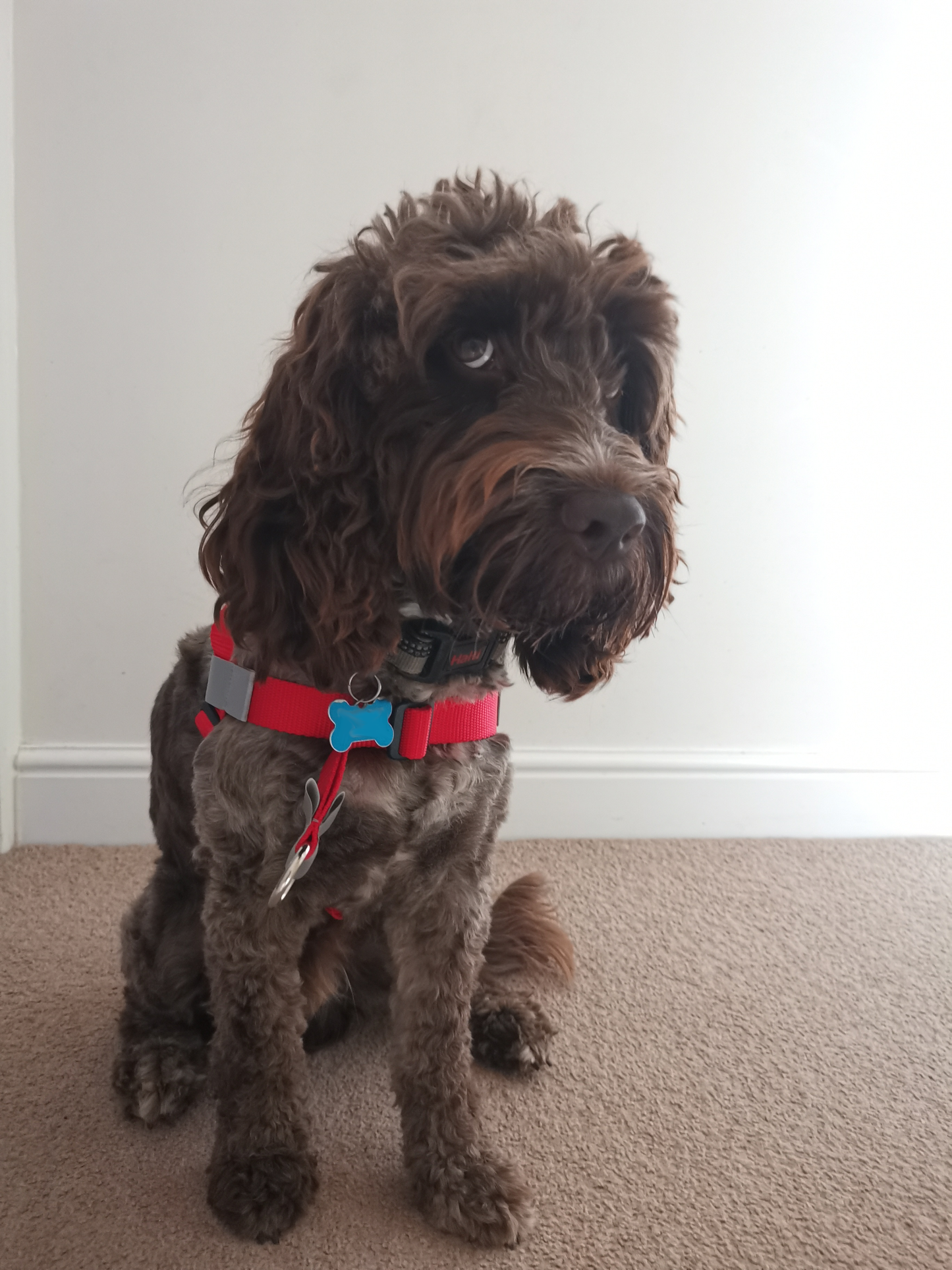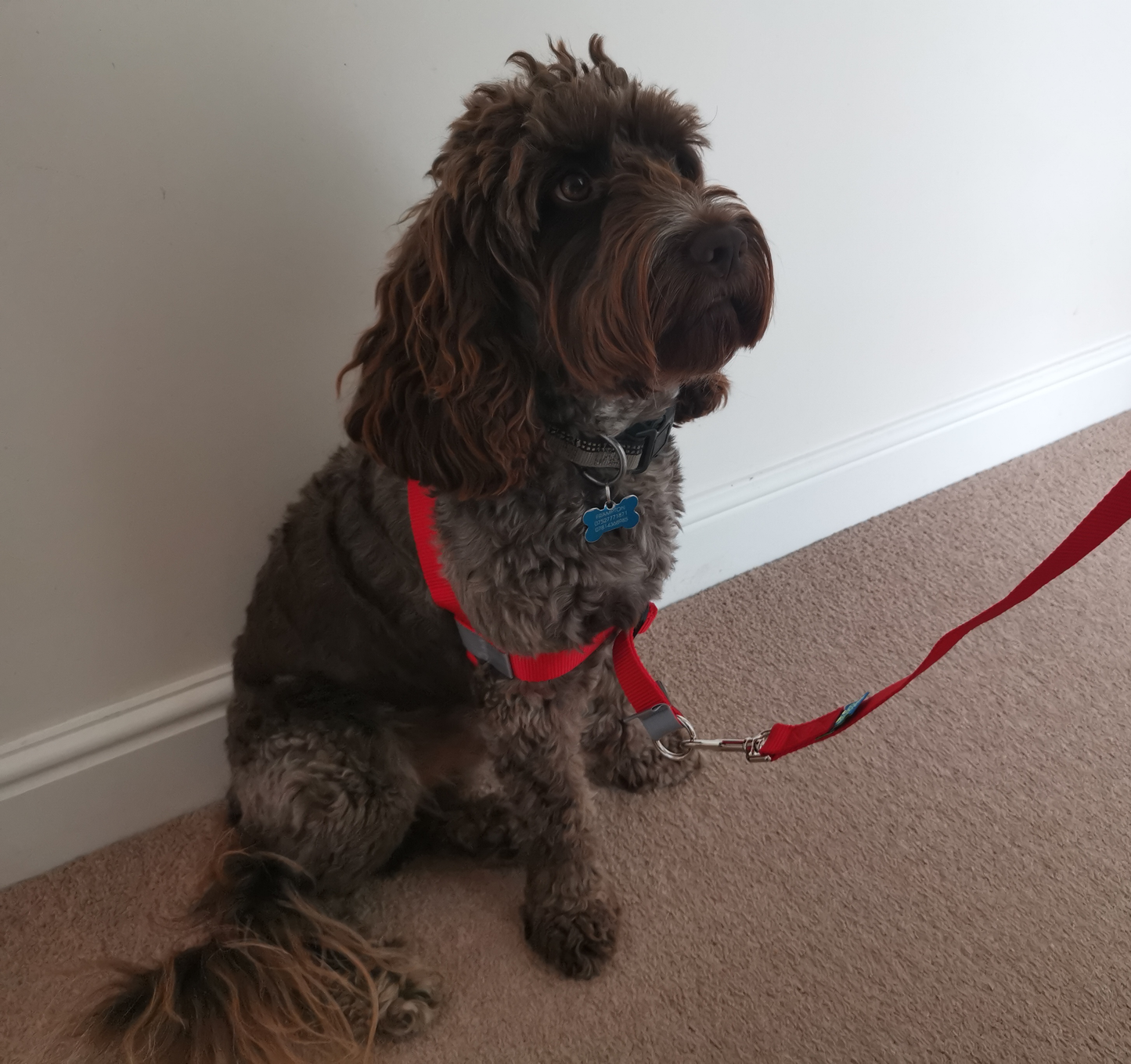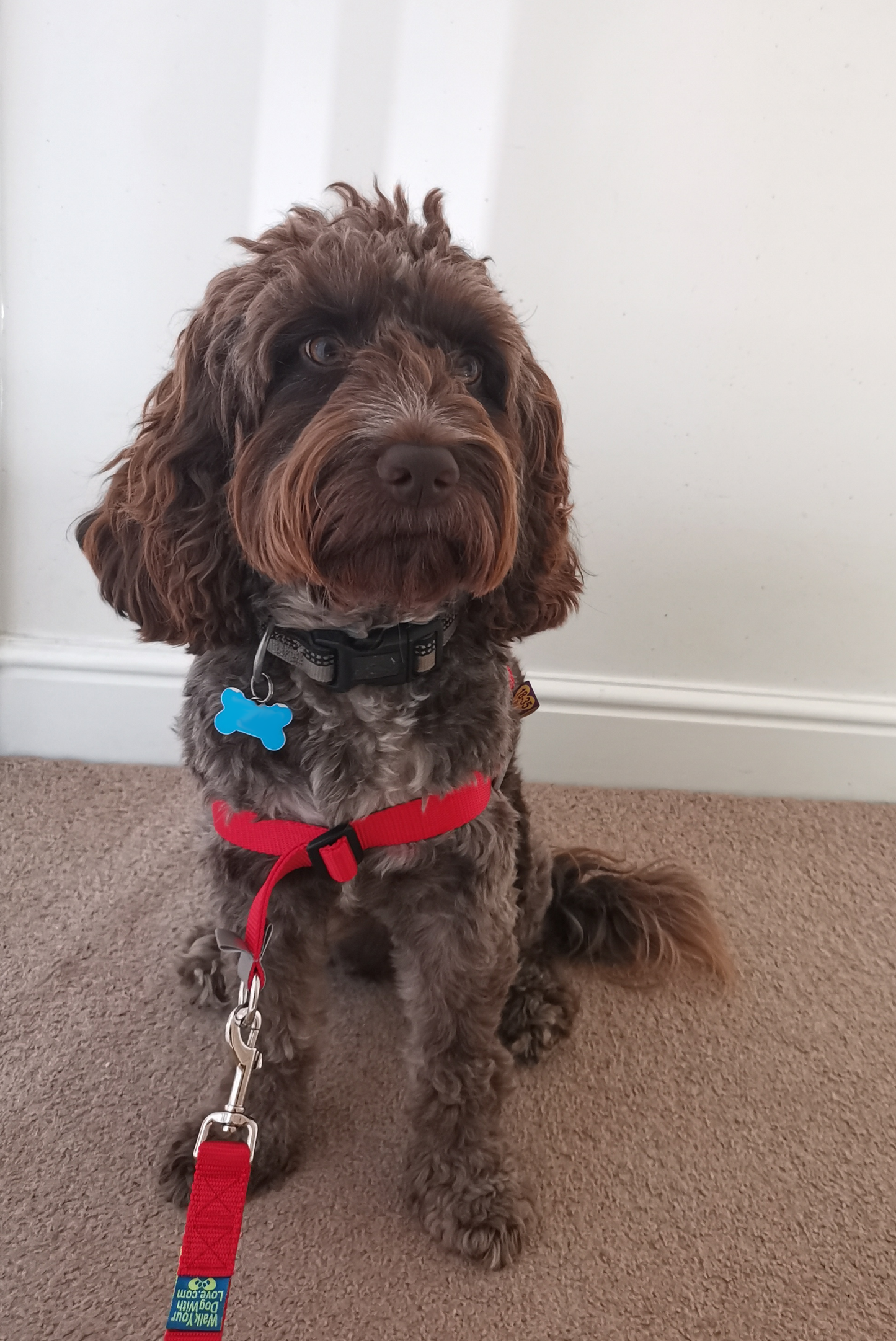New puppy owners are bombarded with advice from their family, neighbours, and even the overly chatty owner at the dog park. Some is correct, while others are not. Because the first few weeks with a new puppy are so important, it's critical to filter that advice and do what's best for your pup and their relationship with you. Take note of the following five things that no puppy owner should ever do.
1. Don't Ignore Socialization
The first three months of a puppy's life have a big impact on how happy and well-adjusted that dog will be as an adult. A properly socialised puppy will be at ease with almost anything the world throws at them, whereas a poorly socialised puppy will lack confidence and become overwhelmed.
A good breeder will begin socialising a puppy right away, but the responsibility is yours once you bring your new pet home.
Puppy socialisation entails more than just meeting new people and dogs, though this is crucial. It also entails exposing your dog to as many new experiences as possible in a positive manner. This can include new surfaces, such as the tile floor in the kitchen, new sounds, such as the vacuum, or new animals, such as cats or hamsters.
The trick is to make all of these new experiences enjoyable and rewarding. Don't put your puppy in an uncomfortable situation. One bad experience can undo all of your efforts. Instead, move at your puppy's pace, keep a positive attitude, and associate each experience with something positive with praise and treats.
2. Allowing Too Much Freedom Too Soon
Allowing your dog to run around the house unsupervised has serious consequences. Not only can your puppy have bathroom accidents, which will impede your potty-training programme, but they can also destroy your property and injure themselves. Puppy proofing, which includes keeping medications and toxins out of reach and covering electrical wires, is critical for the safety of your new pet.
However, this is not sufficient—you must constantly supervise your puppy. If they learn to entertain themselves while you are not looking, they will almost certainly develop bad habits such as chewing socks or baseboards. Preventing problem behaviour is easier and safer than correcting it later.
Keep your dog contained whenever you are unable to supervise them. Crate training is extremely beneficial, but you can also create a safe zone with baby gates or an exercise pen. Allow your dog unsupervised freedom only when their potty training is complete and they have developed appropriate chewing habits. Then, one room at a time, you can give them more freedom.
3. Maintain Consistency
Dogs find routine soothing. They want to know when they can expect meals, walks, naps, playtime, and other activities. If they can anticipate their daily schedule, it reduces confusion and stress. Regular mealtimes lead to predictable bathroom breaks, which aids in potty training.
Create a schedule that works for your lifestyle and your puppy's needs, and then stick to it. You will please your puppy while reducing stress and minimize problematic behaviours.
4. Don't Put Off Training Your Puppy!
There is no set age for beginning puppy training. When you bring your puppy home, he or she will be more than capable of learning new behaviours. However, you may be so preoccupied with toilet training that you overlook behaviour training! After all, puppy antics are amusing and entertaining. What's the point of putting off basic skills until later?
When your dog reaches adolescence, those adorable antics will quickly turn into nuisance behaviours. That cute puppy nipping has turned into adult bites, and that excited pulling on walks has dislocated your arm.
As soon as you bring your puppy home, begin teaching them basic manners, alone time training, and skills like sit, lie down, and stay. It's only fair to inform your puppy of your expectations and how to make you happy. Positive training methods will also provide mental stimulation, teach your puppy to focus on you rather than the environment, and help you and your puppy form a strong bond.
5. Avoid Using Harsh Methods
Positive reinforcement does not imply doing nothing. Dogs will simply be dogs without rules and boundaries, chewing, begging, barking, and so on. However, you do not have to use harsh methods to teach your dog how to behave. Punishment, in fact, is extremely difficult to execute correctly.
For one thing, you must have perfect timing. Because dogs live in the moment, yelling at your puppy for chewing a shoe when the chewing occurred only a few seconds ago is pointless. Worse, it will make you appear unpredictable and frightening to your pet, eroding your bond with your pup.
Punishment can be especially harmful when it comes to toilet accidents. If you catch your dog mid-squat, simply distract them with noise, such as a hand clap, and immediately take them out to finish. Make sure to reward them for finishing in the correct place. If you reprimand or punish the accident, you will end up with a stealth pooper who will not pass you. If you were not present when the accident occurred, simply clean up the mess and supervise more closely the next time.
Instead of focusing on what your puppy did wrong, concentrate on what your puppy is doing right. And teach them alternatives to the problem behaviour, such as chewing a toy instead of your shoe or going to their bed instead of begging at the table. When your dog performs the preferred alternative, reward them so they know it was worthwhile for them to do so.


